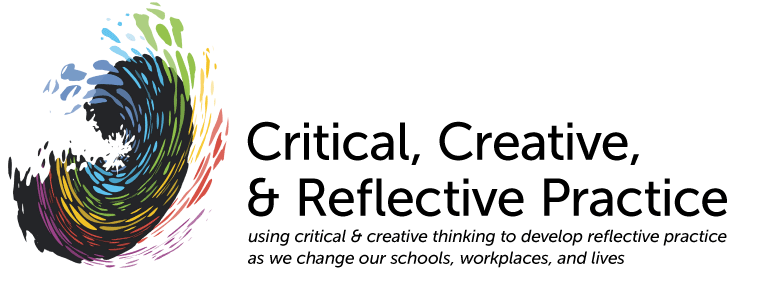
We live in a time when we hear a lot about the differences between extreme sides. In the field of education, conflicting messages address scarce resources and how we should be preparing our students and workforce. Activists of all types urge us to see their own causes as priorities. Debates persist around what interventions are "for our own good" in the interest of national security. The media gives us extended access to news and information that reveals behaviors by individuals and groups that we find inexplicable, puzzling, misguided, combative, or simply malicious. We hear about the increasing gap between the 99% and the 1%, and we hear reports that the U.S. Congress is one of the most divided and least productive in history. Political candidates use campaign tactics that focus primarily on what is wrong with opponents and the reasons to maintain our disbelief in outlier views.
Questions come up from these issues. Where is there room within the polarization for us to be curious about foreign points of view, to look past the Other, even when we are confident in our own position? How might critical thinking become a tool that guides us to look more closely at the views of others to help us understand them with empathy first, before our immediate skepticism, or cynicism, kicks in? How can we gain support from our "home" communities to explore the opposing side and express empathy, rather than feel at risk that our loyalty to those communities is questioned? And then, does this empathy support the kinds of changes that we seek because we've been able to listen to others in a new way, loosen the grip on our own assumptions, blur the lines between us-and-them, and discover opportunities for the "win-win" outcomes?
This CE is a chance to examine these connections between critical thinking, empathy, and the issues around the polarization that we observe in our living and working. One possible outcome is the chance to develop personal strategies for finding empathy and becoming more open to the possibilities that exist around moving past gridlock and bottlenecks that block change.
